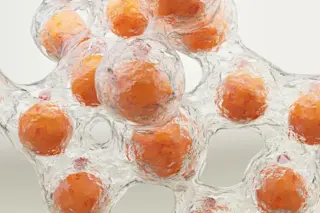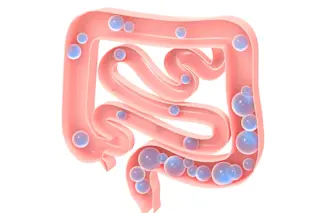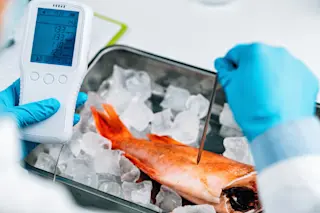Consumption of red meat has long been linked to the development of certain types of cancer. Now scientists believe they’ve found the culprit behind red meat’s carcinogenic effects. A new study reports that a sugar molecule found in the flesh of beef, lamb and pork could be triggering an immune response in humans that causes inflammation, which ultimately contributes to tumor growth. Long-term exposure to this sugar in mice caused a five-fold increase in their chances of developing cancer.
Humans are the only carnivores that face an increased risk of cancer as a result of eating red meat, but no one really knew why. Although there’s an abundance of theories attempting to explain red meat’s ill effects, concrete evidence is still in short supply. Researchers decided to focus on a single sugar molecule, called Neu5Gc, that has been found in high levels in cancerous tissues but isn't produced by the ...













